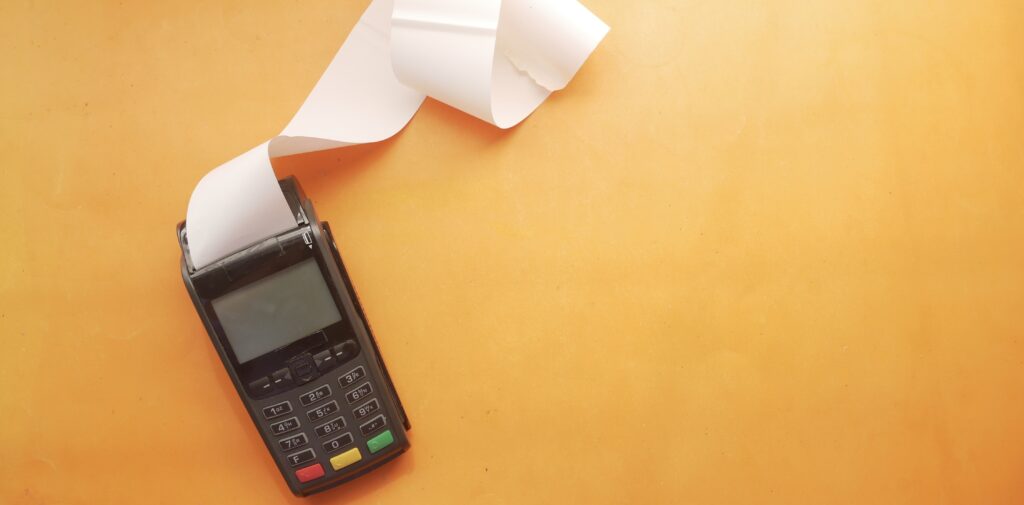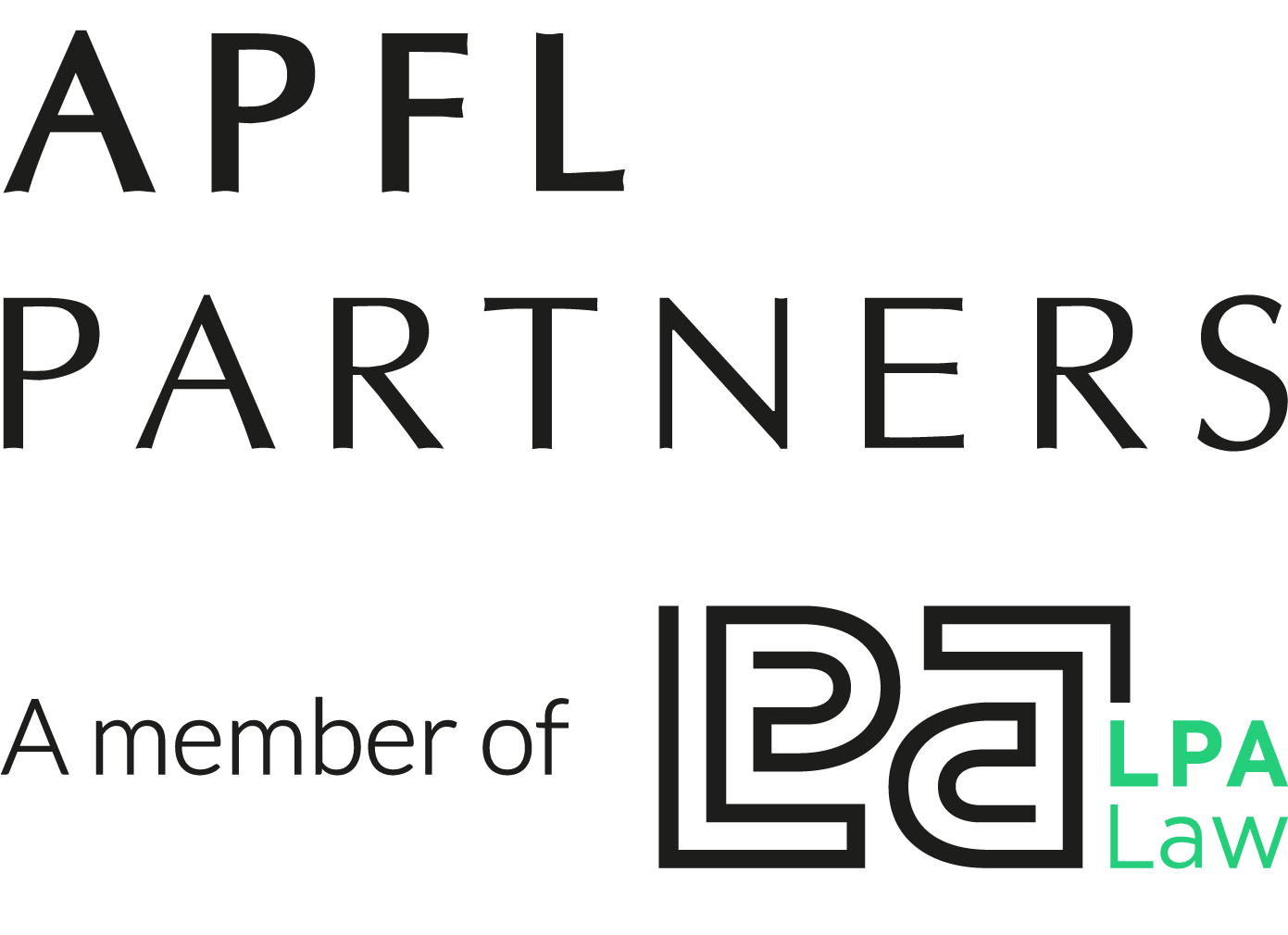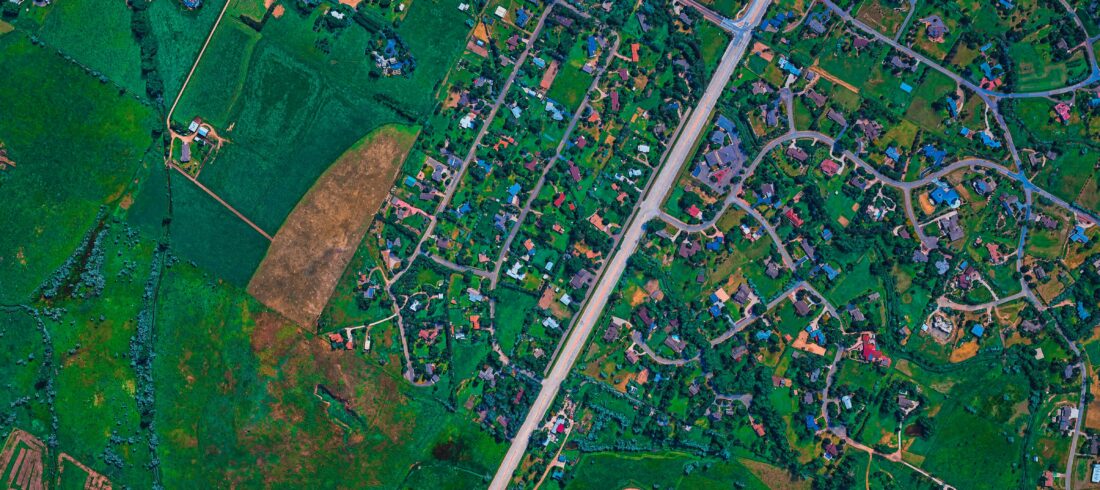New Regulations on Invoices Enter into Force

From this month, new regulations on invoicing entered into force. The regulations concern the management and use of invoices in the sale of goods or services for record keeping, taxation, and the regulation of electronic and paper invoices.
It comes after the government issued Decree No. 123/2020/ND-CP (“Decree 123) on 19 October 2020. Decree 123 was published to guide Law No. 38/2019/QH14 dated 13 June 2019 on tax management. The purpose of this guiding legislation is to set up the structure and process for using electronic invoices. In particular, it includes new regulations on authorising parties to issue invoices and on invoice timing for specific business lines.
Firstly, Article 4.8 of Decree 123 concerns organisations which authorise separate third-parties to issue invoices and keep records on their behalf. The invoices issued in these circumstances must still include the name of the seller (the organisation authorising the invoice).
This authorisation must be made in writing and must contain adequate information on receipts to be kept. This should include (i) the purpose and duration of the authorisation, and (ii) the method of settling outstanding fees for receipts made out under authorisation. The tax authorities must be notified of this arrangement.
Secondly, concerning the timing of invoices, Article 9 of Decree 123 regulates timings for 14 specific business lines. For instance, for construction and installation services, invoice timing should be when the work is commissioned and the finished work/work item/installation amount is accepted, whether or not the invoiced amount is paid.
Meanwhile, for retailers and F&B traders selling food and drinks direct to consumers through their stores, the invoice should be issued via point-of-sale (“POS”) cash registers connected to a computer. Where these POS registers are incapable of sending information to the tax authorities, receipts should be printed and presented to customers who do not request an e-invoice. The data is stored and, at the close of business, e-invoices will then be issued for those who requested them.
Furthermore, for air tickets issued online through websites or e-commerce platforms established according to international practice, invoice timing should be within five days from the point at which the ticket is issued.
Decree 123 came into force on 1 July 2022. For more information about this Decree, or about investing and doing business in Vietnam, just contact our office on: contact@apflpartners.com


